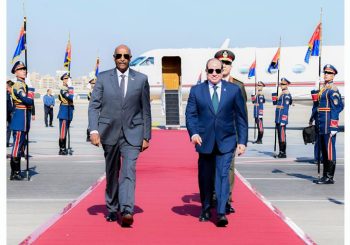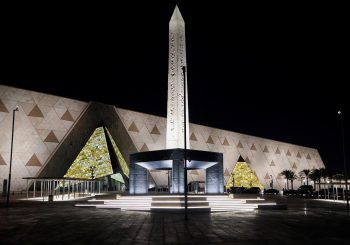Ethnic Masalit civilians in West Darfur faced “six days of terror” as hundreds were killed by the paramilitary Rapid Support Forces (RSF) and their allied Arab militias in the town of Ardamata earlier this month, the Spokesperson for the UN High Commissioner for Human Rights, Jeremy Laurence, said in a statement on 17 November.
The RSF, fighting in Sudan’s civil war against the military, captured the Sudanese army’s base in Ardamata on 4 November, marking the beginning of a series of brutalities.
“The RSF and its allied militias reportedly looted property, tortured IDPs, and executed many of them before leaving their bodies unburied in the streets” in two refugee camps and the Masalit-majority neighborhood of Al-Kabri, Laurence said.
Of particular concern, Laurence cited the execution of sixty-six Masalit men on 5 November alone. Hundreds others were apprehended and taken to RSF-operated detention camps, their fate remaining unknown.
The atrocities extended beyond killings, with reports of sexual violence against women and girls, targeting of young Masalit men and Sudanese army soldiers’ relatives, and the displacement of thousands, some seeking refuge in Chad.
This incident isn’t an isolated occurrence, as Laurence pointed out that similar attacks were carried out by the RSF and its allies between May and June, resulting in the deaths of hundreds of Masalit individuals, including the governor. The aftermath saw mass graves and bodies left unattended, emphasizing the recurrent nature of these atrocities.
“Such attacks may constitute crimes under international law,” he said.
The spokesperson called for “all violations” to stop immediately, recalling revenge attacks by Masalit militias against Arab civilians.
In response to RSF gains in Darfur, the Justice and Equality (JEM) and Sudanese Liberation Movements (SLM) allied themselves with the Sudanese military.
The violence in Darfur has intensified since the onset of Sudan’s civil war last April as a result of power struggles between the Sudanese military and RSF following a coup against the civilian prime minister.
Conflict in Darfur, which began in 2003 due to resource disputes as well as ethnic tensions, saw government forces and militias like the Janjaweed, predecessor to the RSF, commit atrocities against the non-Arab population.
The International Criminal Court (ICC) had previously issued arrest warrants for ousted Sudanese president Omar Al-Bashir and others, charging them with several counts of genocide, war crimes, and crimes against humanity in Darfur.







Comments (0)